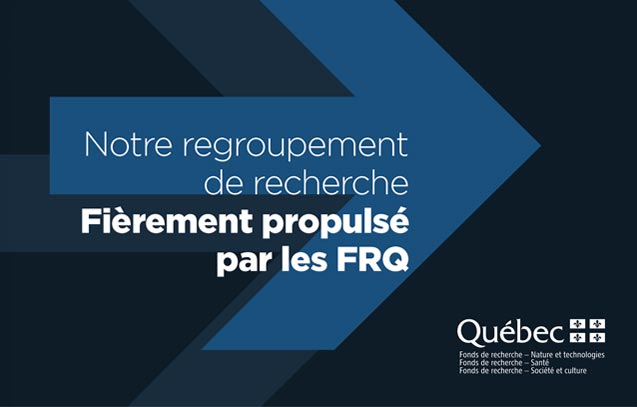Notice bibliographique
Tomaz, C. R. L. F., Cruz-Santos, A., et Dionne, P. (2025). Teaching practices with students with complex communication needs during the pandemic: reports from brazilian teachers. European Journal of Special Education Research, 11(6), 72-88.
Résumé
The global impact of the ongoing pandemic has been unprecedented, including in the field of education. Emergency adaptations to teaching and learning methods have become a reality for students and teachers alike, highlighting the significant structural challenges that already existed within the Brazilian education system, particularly for students facing socioeconomic and communication-related difficulties.
This study presents and discusses reports from Brazilian teachers in the state of Rio Grande do Norte regarding their pedagogical practices with students with complex communication needs in the early years of primary school, in the context of the pandemic. A semi-structured individual interview was conducted with 14 male and female teachers who supported children with complex communication needs between the ages of six and ten in the early years of primary school in the state of Rio Grande do Norte, to inform the methodological operationalization.
The main results indicated that, following the announcement of the pandemic, teaching took place in different ways in the surveyed contexts. The participants listed several difficulties, such as limited contact between students and teachers, inadequate monitoring of students’ progress and a lack of suitable technological resources for teaching. WhatsApp and smartphones were also the most frequently used means of communication during remote classes, facilitating communication and learning during the pandemic. The participants considered the use of augmentative and alternative communication systems important for communicating with children during the pandemic, but felt it could have been more effective if technological and material resources had been available during remote classes.
Finally, the recommendations focus on providing teachers with training in Augmentative and Alternative Communication Systems, as well as expanding studies on the subject.
Hyperlien
doi.org/10.46827/ejse.v11i6.6272Membres du CÉRTA impliqués
Clarice Rejane Lima Ferreira TomazPatricia Dionne



